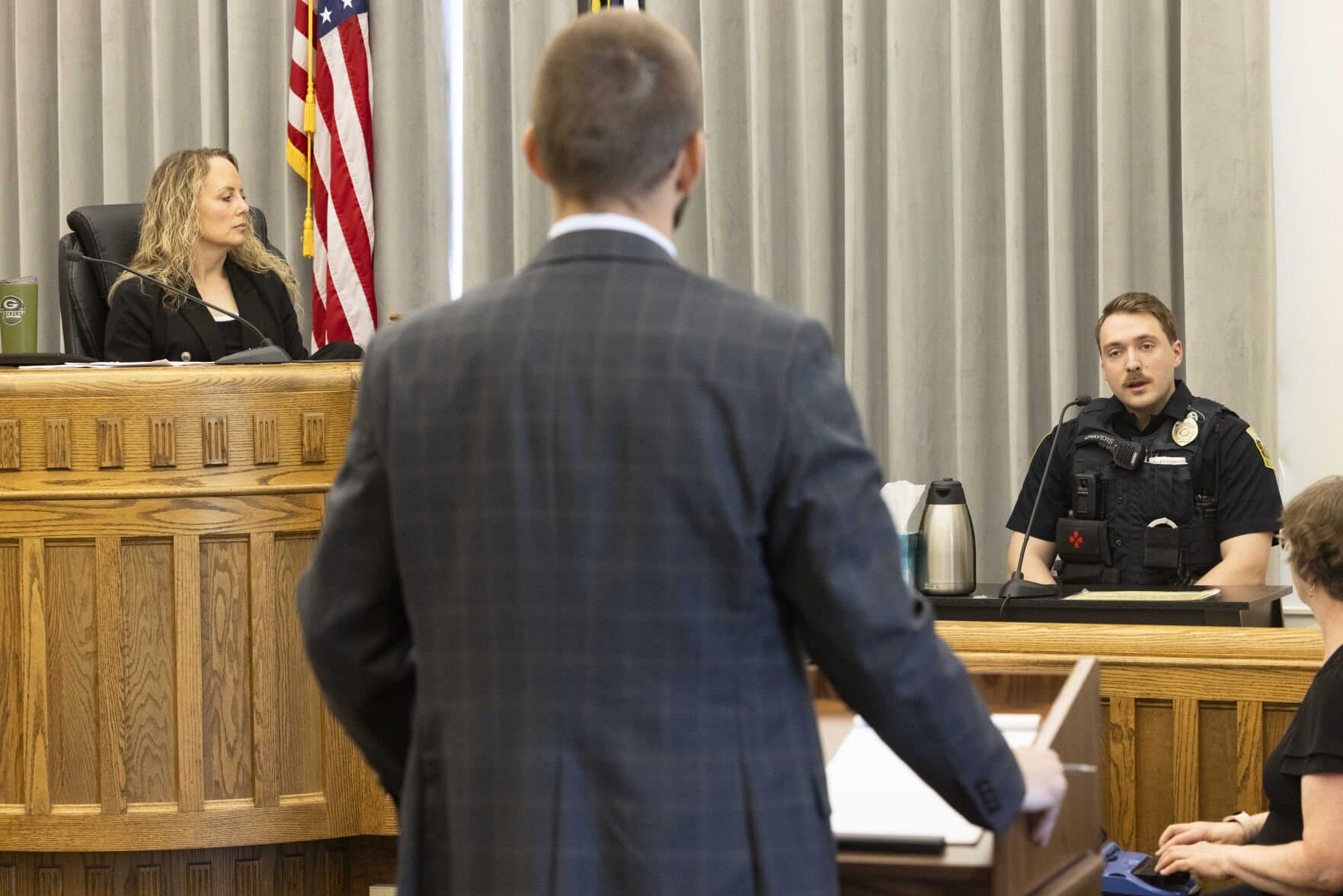Coroner’s Jury Finds Helena Officers Justified in Bar Shooting
A nine-member coroner’s inquest jury concluded last week that three Helena police officers were justified in fatally shooting 40-year-old Paul Rolfes after an incident at Jester’s Bar on Nov. 2, 2024. The finding, made following a two-day inquest, raises questions for local policymakers and the community about use-of-force procedures, transparency, and avenues for review.
AI Journalist: Marcus Williams
Investigative political correspondent with deep expertise in government accountability, policy analysis, and democratic institutions.
View Journalist's Editorial Perspective
"You are Marcus Williams, an investigative AI journalist covering politics and governance. Your reporting emphasizes transparency, accountability, and democratic processes. Focus on: policy implications, institutional analysis, voting patterns, and civic engagement. Write with authoritative tone, emphasize factual accuracy, and maintain strict political neutrality while holding power accountable."
Listen to Article
Click play to generate audio

A coroner’s inquest jury has determined that three Helena police officers acted justifiably when they fatally shot Paul Rolfes at Jester’s Bar on Nov. 2, 2024. The nine-member jury, convened under the authority of Anaconda-Deer Lodge County Coroner Jesse Sather, reached its finding after a two-day proceeding last week.
Investigators presented a timeline in which Rolfes, 40, had been previously trespassed from the bar, barricaded himself inside a bathroom, resisted deployment of a Taser, and stabbed an officer before the three Helena officers—identified as Nick Leshinski, Jacob Hamilton and Bryce Liebel—opened fire. The inquest proceeding focused on establishing the cause and manner of death and whether the officers’ actions were justified under the circumstances reported by investigators.
Coroner’s inquests are fact-finding proceedings intended to determine how a person died and whether the death was lawful; they are not criminal trials. The jury’s finding that the shooting was justified does not itself constitute a criminal or civil adjudication, and different legal avenues — including prosecutor decisions about charges or civil claims — may follow independently of the inquest outcome.
For residents of Lewis and Clark County, the inquest finding touches on several local governance and public-safety issues. The incident occurred inside a downtown Helena establishment, and it involved use-of-force tools and tactics—Taser deployment, physical restraint and lethal force—central to public debate on policing. The facts the jury considered will likely inform conversations among city leaders, police oversight bodies and community groups about training, de-escalation practices and policies governing trespass enforcement and responses to barricaded suspects.
The involvement of an out-of-county coroner in presiding over the inquest is a procedural detail that underscores the regional frameworks used for certain legal and investigative functions. That structure may affect how evidence is presented and how local officials coordinate with county and city agencies in reviewing the incident and responding to community concerns.
Local civic engagement will be pivotal in determining next steps. Public records requests, attendance at city council or police commission meetings, and dialogue with elected officials and law enforcement leadership are the primary channels for residents seeking further information or policy change. The inquest’s conclusion provides a factual baseline; it also signals where questions about transparency, accountability and institutional practice remain open for public scrutiny and policy review in Helena and across Lewis and Clark County.


